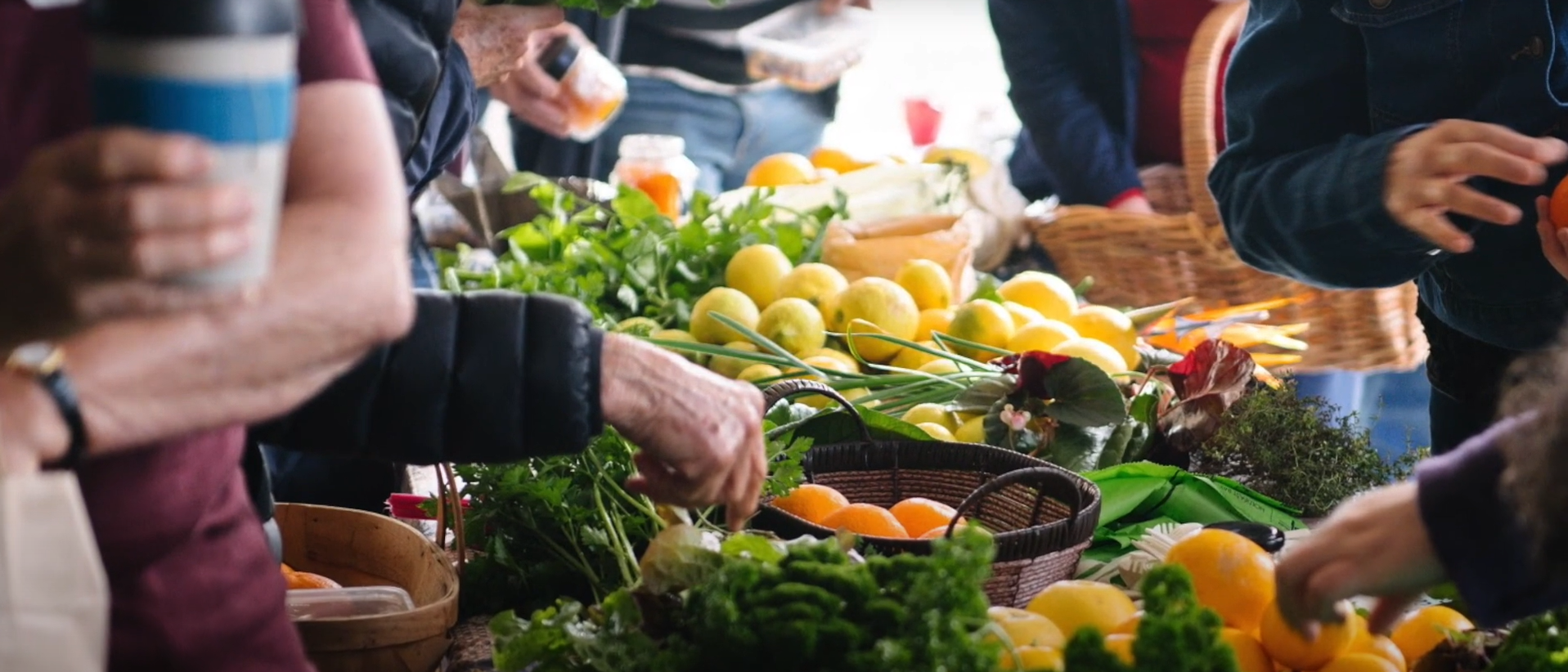Enabling resilient food systems in SA

This project's final report and evaluation was completed on 16 August 2022
Project summary
This project aimed to work with local councils and their communities to promote and build the resilience of local food systems in the face of climate change risks. The project created space for food system stakeholders to nominate their roles in enabling resilient food systems and identify where local government can remove unnecessary barriers or “red tape”.
Workshop materials were developed into a guide to help local and regional governments: - understand, advocate and foster local food systems - identify and prioritise the best ways to invest in and promote local food system initiatives - develop and embed relevant food systems policy and planning as part of government's response to climate change risks.
The project highlighted the importance of sustainable food systems beyond the regional economy, to the support of community wellbeing through local employment opportunities, availability of healthy food options and reduction of food miles. Threats to food-related businesses and opportunities for collaboration were highlighted, building knowledge around food culture and the ‘eat and shop local’ message.
- understand, advocate and foster local food systems
- identify and prioritise the best ways to invest in and promote local food system initiatives
- develop and embed relevant food systems policy and planning as part of governments’ response to climate change risks.
Project achievements
- The collaboration of multiple local and regional governments and representation from a broad cross-section of the food system showed a baseline for the ongoing utilisation of knowledge in this sector.
- The collaboration of multiple local and regional governments and representation from a broad cross-section of the food system, showed a baseline for the ongoing utilisation of knowledge in this sector.
- Increase of food system initiatives, The project has anecdotal evidence of increased demand for informative and practical food systems related programs at the community level. This can be hindered by funding available and within the limited time frame of the project to see any affect within funding bodies changing priorities.
- Local food system visions and principles development – Immediate - Workshops attended by over 140 participants across four local government areas.
- Stakeholders building their capacity to act coherently - Long-term - The number of stakeholders using their vision to build the capacity of their organisations and networks to act coherently - Workshops attended by over 140 participants across four local government areas.
- Coherent collective actions and priorities identified and outlined - Short Term - Summary in end of project report and the numbers of stakeholders intending to undertake action. See below
- Local governments advocating and investing in local food systems - Short Term
- 8. New local governments using the project approach themselves - Long-term - New local governments planning to undertake the project approach in their local areas
- Local governments embedding food systems policy and planning - Long-term - The number of stakeholders using and embedding the maps, guides and tools in their work.
- The number of stakeholders using and embedding the maps, guides and tools in their work – This is a longer-term goal in keeping with the processes of local governments. Initial findings from the workshops have shown interest across elected members, leadership and staff in connected roles (strategy, business, community, environment) to work to embed the project learnings within longer-term actions within strategic plans.
Project distribution
Networking within the food systems space has shown to be highly collaborative and effective with the project outcomes being shared across all platforms within all levels of government, community and corporate partners, and interested stakeholders. Resources are available to the government, business and community sectors to initiate their own projects and share outcomes.
Project evaluation
The project is continuing to be under evaluation through a variety of methods.
Stakeholder surveys, collation of information from outputs and anecdotal stories across the growing associated networks are collecting data to look at in the principles of Results Based Accountability:
- What did we do?
- How much did we do?
- Is anyone better off?
